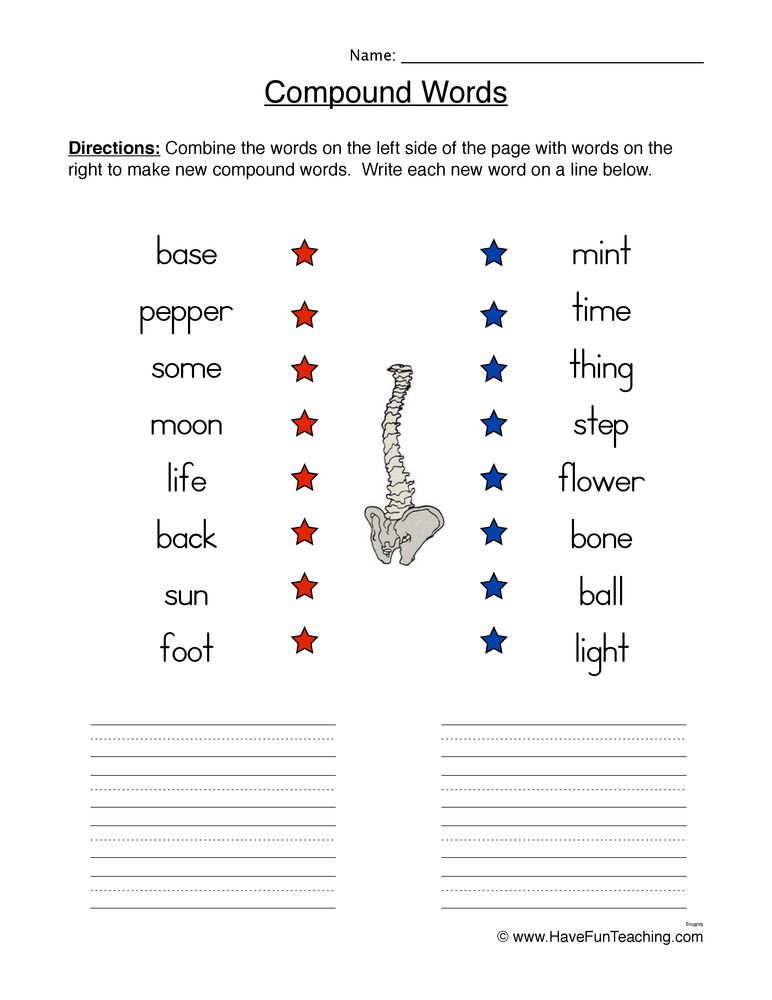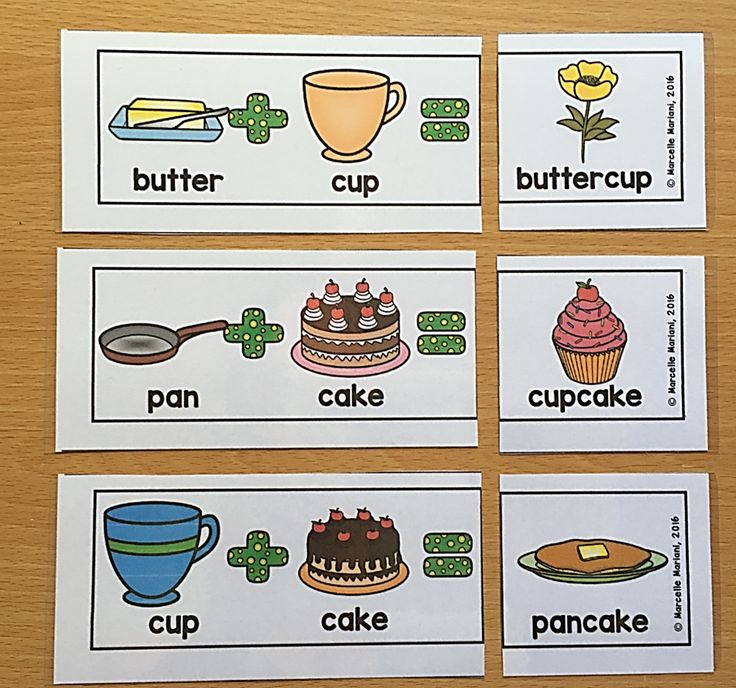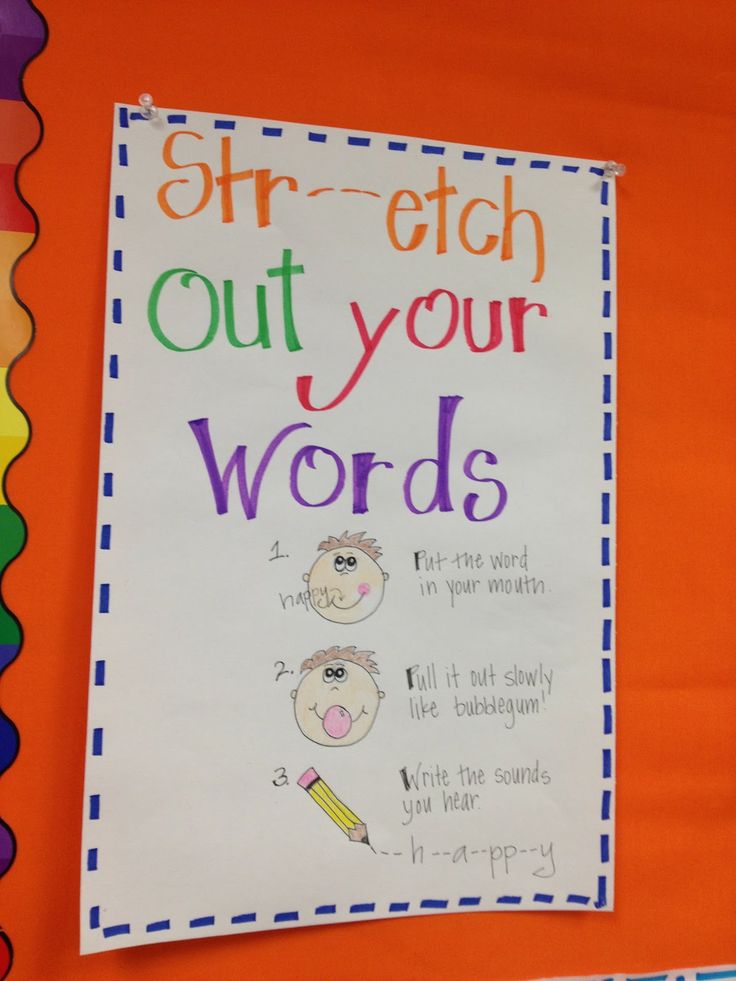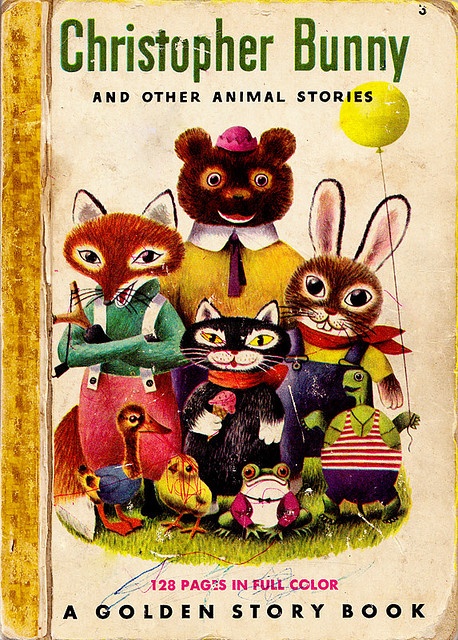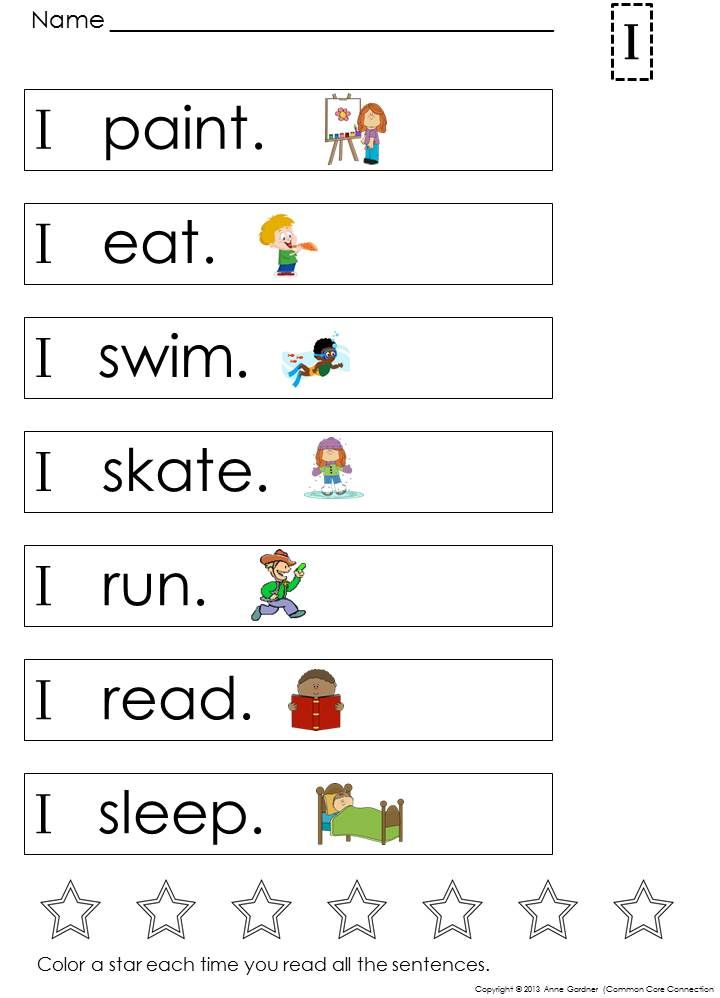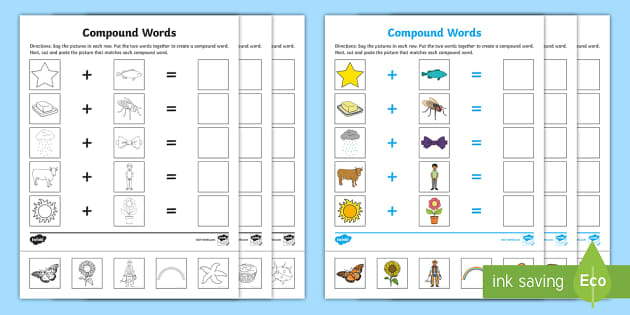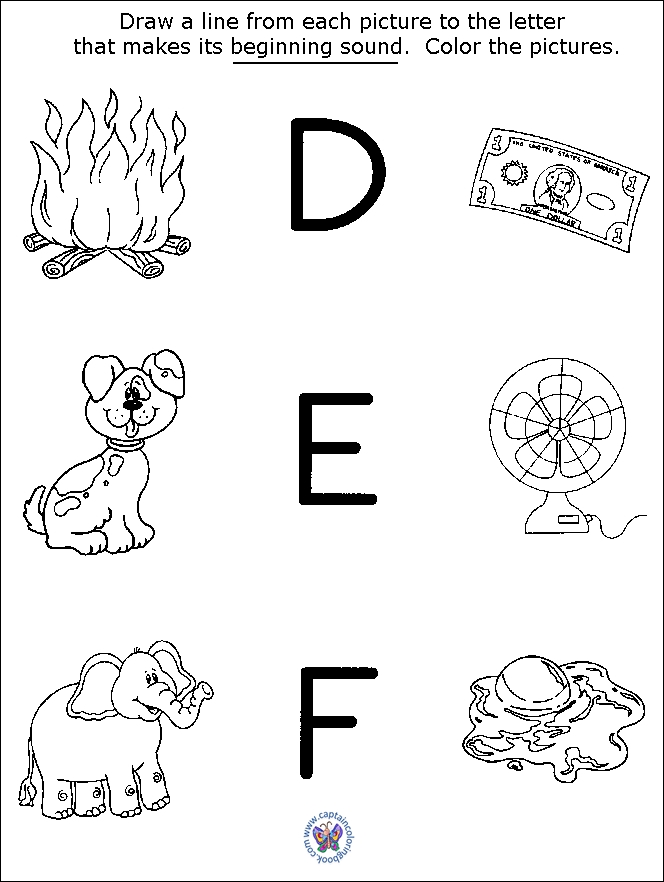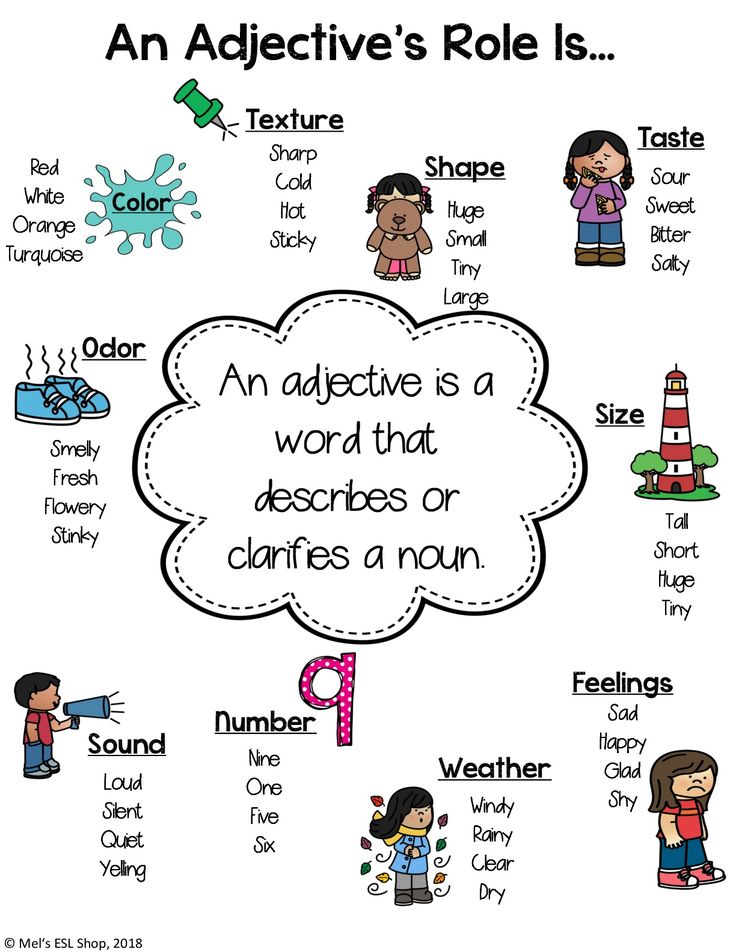Compound words for some
Compound nouns with Some, Any and No
The words 'some', 'any' and 'no' are often combined with the words 'body', 'one', 'where' and 'thing' to form the a series of commonly-used compound nouns including 'something, nothing, anything' which are used to refer to unidentified singular or plural nouns.
Some, any, none...
The words 'some', 'any' and 'no' are often combined with the words 'body', 'one', 'where' and 'thing' to form the following series of commonly-used compound nouns:
Somebody, Someone, Somewhere, Something, Anybody, Anyone, Anywhere, Anything, Nobody, No one / No-one, Nowhere, Nothing
Some.....
Somebody, Someone, Somewhere, Something
The compound nouns Somebody, Someone, Something and Somewhere are used in positive sentences. They can also be used in questions to offer or ask for a thing, or when we expect a positive response.
Somebody and Someone refer to a single unknown or unspecified person
something refers to a single unknown or unspecified thing
Somewhere refers to a single unknown or unspecified place.
These forms can be used as subjects or objects in positive sentences, but are normally used only as objects in questions.
I saw somebody outside the office.
Somebody was already waiting outside the shop when I arrived.
I need something to eat.
Something just fell on the floor in the kitchen. Go and see what it was.
I'm afraid Paul isn't here at the moment. He's gone out somewhere.
Sorry, did you say something?
Do you want something to eat?
Any.....
Anybody, Anyone, Anywhere, Anything
The compound nouns Anybody, Anyone, Anything and Anywhere are generally used in negative sentences and questions as objects, but are only used as subjects in positive sentences.
Anybody, anyone, anywhere and anything refer to one of many people, places or things.
Was there anybody waiting when you arrived at the shop?
Would you like anything to eat? (Compared with 'something' this suggests I'm not certain you will say yes)
Is there anybody here who speaks English?
There wasn't anything on TV last night so I went to bed early.
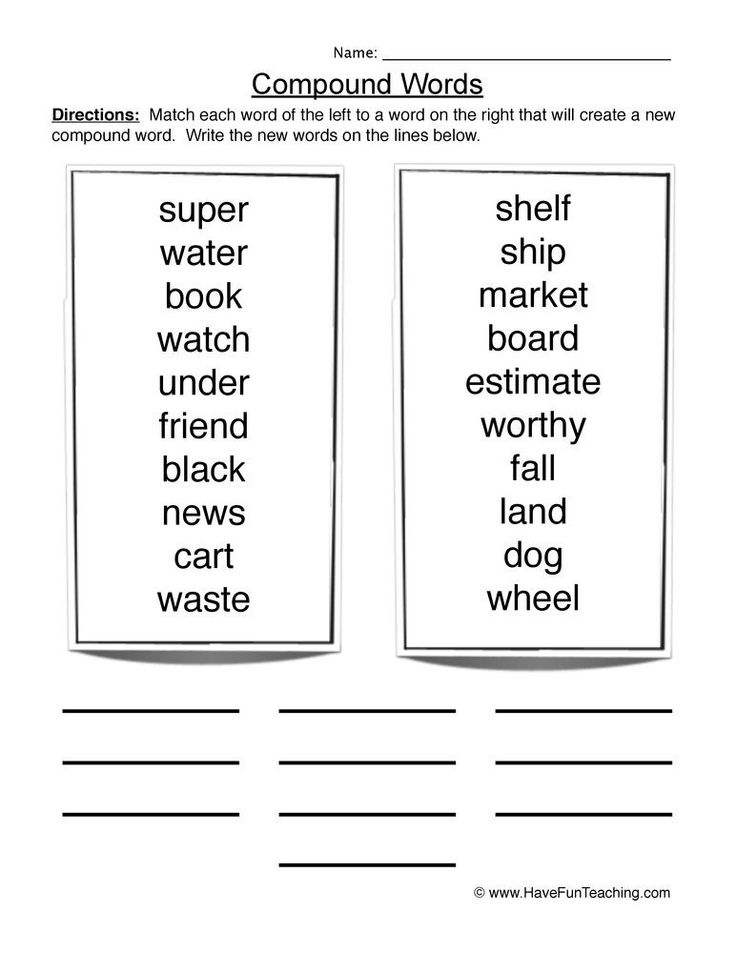
I haven't had anything to eat all day! I'm starving.
I didn't know anybody at the party.
No.....
Nobody, No-one / No one, Nowhere, Nothing
The compound nouns Nobody, No-one (which can also be written as No one), Nothing and Nowhere are used in positive sentences and in questions. The forms all refer to a zero quantity. These forms are more commonly used as subjects, but can also be used as objects.
Nobody knows who killed Kennedy, but there are lots of conspiracy theories.
There is nowhere better than London for nightlife (Or: Nowhere is better than London for nightlife.)
I don't know who rang the bell. I looked outside but there was nobody there.
I received a strange letter this morning. When I opened the envelope there was nothing inside it!
I'm afraid we have run out of money. There is nothing we can do except close the business down.
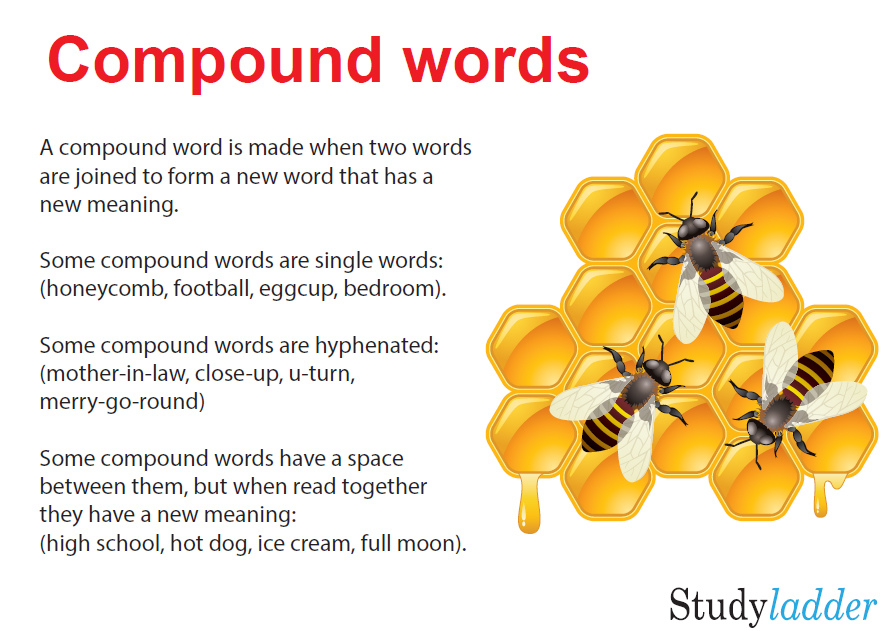
Example of use...
Tourists should always be careful with their money and bags in the city centre. When you visit a cafe, always place your bags where you can see them, otherwise it is possible that somebody will steal them. Obviously, if you leave your bags unattended whilst you pay for your drinks, or go the the toilets, anybody could steal them. Nowhere is completely safe, not even expensive restaurants.
Examples of Compound Words by Type
Compound words are an easy way to add interest to your writing. By combining two ideas in one word, you can quickly provide all the information needed. These examples of compounds will show you how it's done.
Grandmother Illustration With Compound Word Example
Advertisement
What Are Compound Words?
A compound word is formed when two words are combined to make a new word. It is one of the ways in which the English language is flexible and always changing, as compound words allow people to create new words as the need arises.
For example, you might use “in” and “side” to create the compound word “inside”.
We should play inside today.
The words “carry” and “over” can make the compound word “carry over”.
We can carry over that surplus into the next sprint.
As you can see, compound words can come in different varieties. Explore examples of each.
Examples of Compound Words
When it comes to compound words, there are three different types that are important: closed-form, open-form, and hyphenated. Dive into how each type of compound word is different.
Closed-Form Compound Word Examples
Closed compound words are formed when two fully independent, unique words are combined to create a new word. For example, you would combine “grand” and “mother” to create the closed-form word “grandmother”. In a sentence, this would look like, “My grandmother is coming over.” These are the most common types of compound words.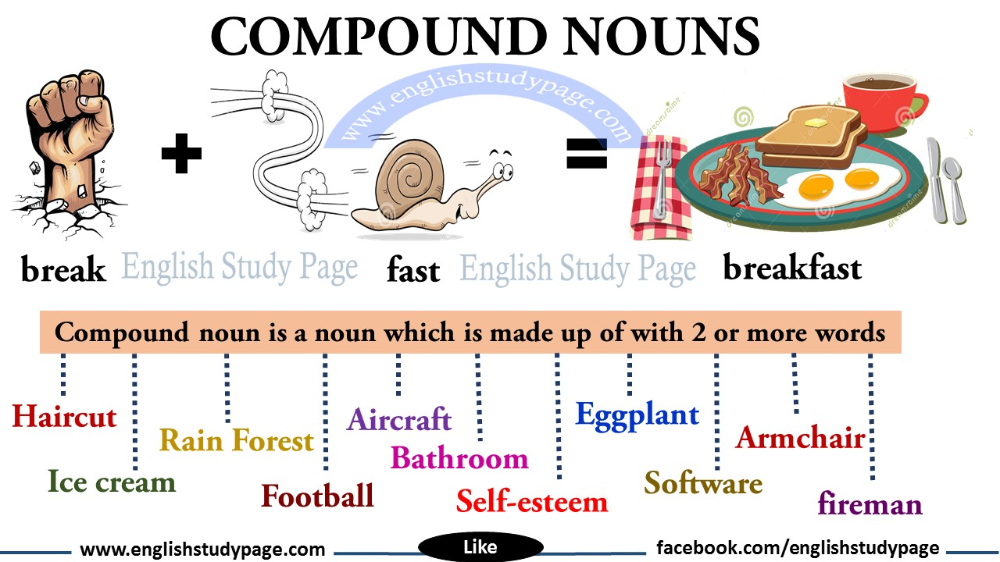
For example:
- bullfrog
- snowball
- mailbox
- grandmother
- railroad
- sometimes
- inside
- upstream
- basketball
- anybody
- outside
- cannot
- skateboard
- everything
- schoolhouse
- grasshopper
- sunflower
- moonlight
Open Compound Word Examples
Open compound words are formed when two words remain separate on the page but are used together to create a new idea with a specific meaning. For example, “attorney” and “general” are used to form the open compound word “attorney general”. You could see this in the sentence, “The attorney general holds the power in legal matters.” Other examples of open compounds include:
- peanut butter
- Boy Scouts
- no one
- ice cream
- real estate
- high school
- living room
- sweet tooth
- hot dog
- grand jury
- post office
- full moon
- half sister
- cave in
Advertisement
Hyphenated Compound Word Examples
Hyphenated compound words are formed when two separate words are joined together by a hyphen.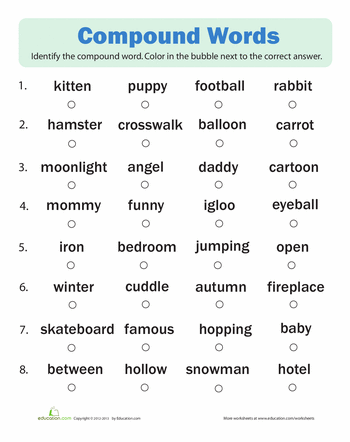 Examples of hyphenated compound words include:
Examples of hyphenated compound words include:
- two-fold
- check-in
- merry-go-round
- father-in-law
- seventy-two
- long-term
- up-to-date
- mother-in-law
- one-half
- over-the-counter
Note that hyphenated compound words are most commonly used when the words being joined together are combined to form an adjective before a noun. For example:
- forty-acre farm
- full-time worker
- on-campus housing
- state-of-the-art features
- family-run busines
However, these hyphenated compound words become open compounds when they are placed after the word they describe. For example:
- The farm has forty acres.
- The worker is full time.
- The housing is all on campus for freshman
- Its features are truly state of the art.
- The business is still family run.
Compound Words in Sentences
Now that you learned about the different types of compound words, see if you can find the compound words in the sentences below.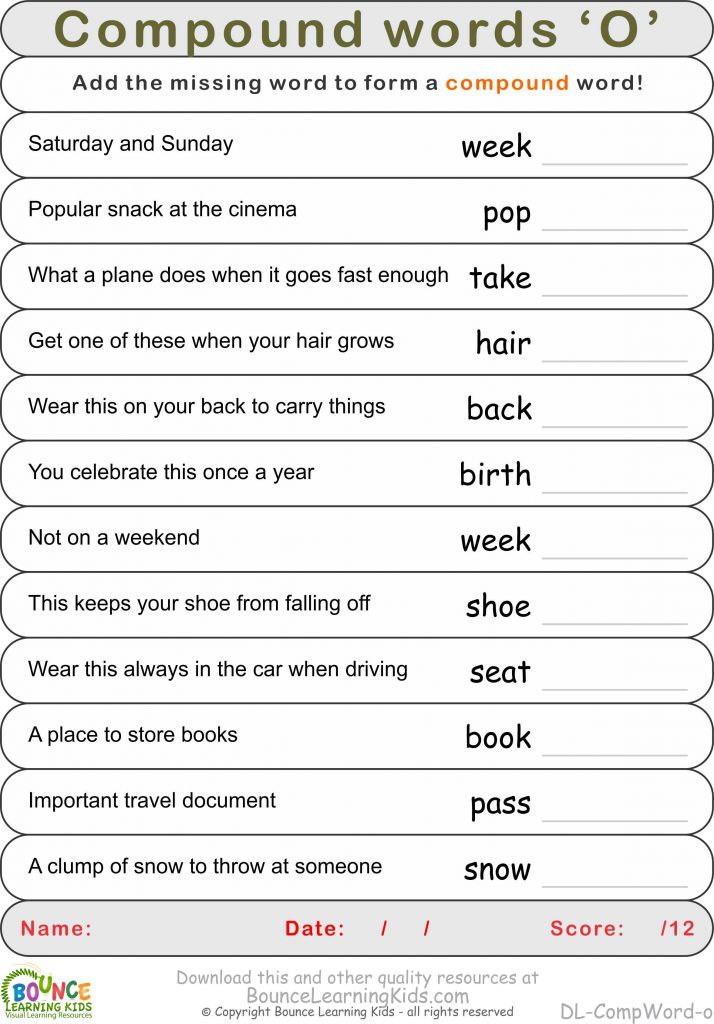
- My grandfather is coming home for the holidays.
- I really want a peanut butter and jelly sandwich.
- The real estate agent had to take a test to get her license.
- She is a part-time teacher.
- That is our full-time worker.
- I’m so tired of looking for on-campus housing.
- He was seventy-two years old.
- Let’s go play some basketball
- Has anybody seen my binder?
If you have those down, try creating a few sentences using compound words that you create!
Advertisement
Compound the Reader's Interest
By adding compound words to your writing, you can make your ideas more interesting and descriptive for the reader. The addition of too many compounds can be messy, especially hyphenated compound words; so, be sure to use compound words wisely. Like any seasoning, they are best sprinkled throughout your writing instead of used in every line.
Now, that you have a grasp of compound words, you might want to dive into some compound sentence examples.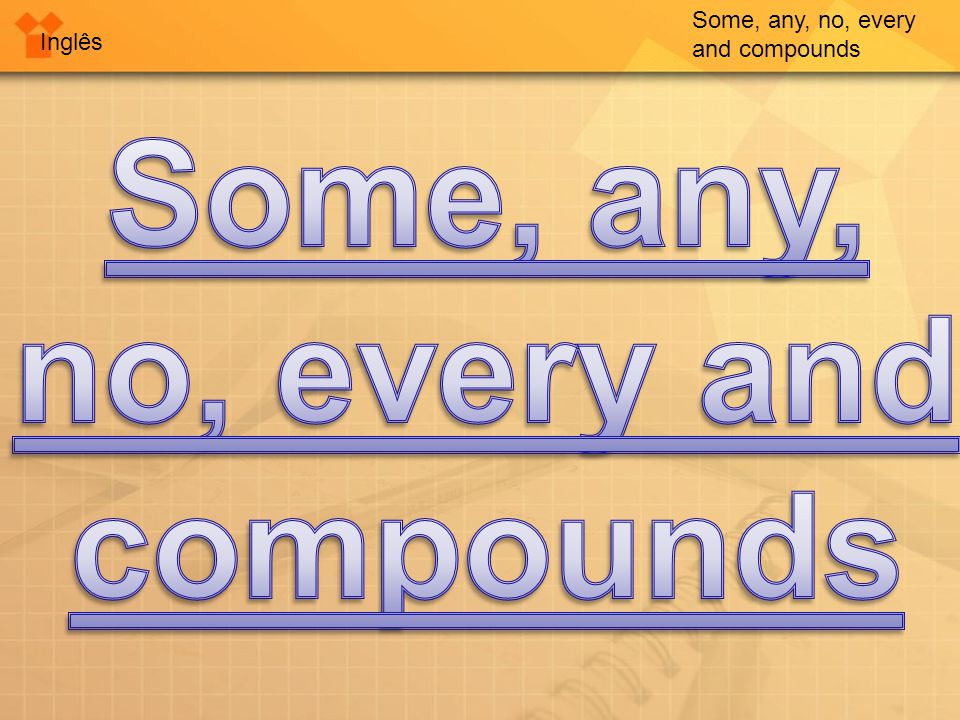
M.A. English
- 7th grade
- 8th grade
- 9th grade
- middle school
- high school
- college
- 6th grade
Related Articles
Compound Verb Examples
A compound verb is a verb that is made up of multiple words. The compound verb can take on such forms as: A prepositional verb A phrasal verb A verb with auxiliaries A compound single-word verb Each of these operate a little differently and the best way to understand them is to study a variety of compound verb examples.
Examples of Homographs: Same Spelling, Different Meaning
Homographs are pairs or groups of words that are spelled the same way. However, that's where the similarities end! Keep reading to learn more about homographs as well as several homograph examples that you encounter in your daily life.
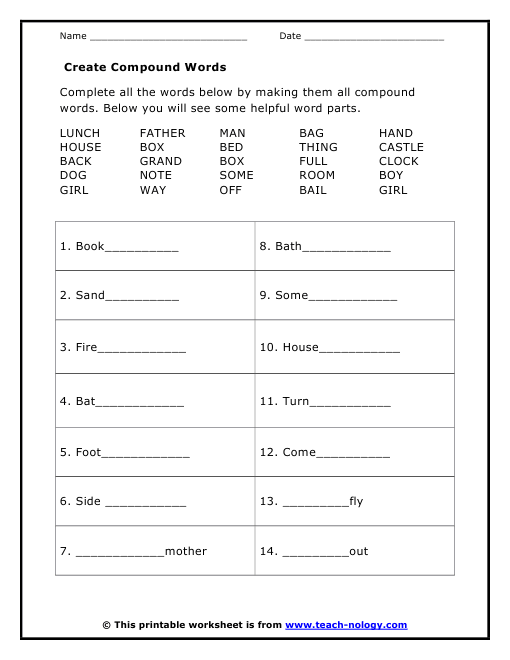
25 words, in the spelling of which many people make mistakes
It is no coincidence that the Russian language is called quite difficult. What can we say, even for us native speakers, the correct spelling of some words is an impossible task. Meanwhile, no one canceled the task of being a literate person. Let's get familiar with some really difficult words by learning their correct spelling.
♥ BY TOPIC: Yanni or Lorl? It's incredible, but people hear this word in different ways. What do you hear?
Traffic or traffic
The word itself is of English origin. There traffic means "movement" or "transport" and is written just with a double vowel in the middle. But it often happens that when borrowing similar words from another language into Russian, the paired letter is lost. It is this picture that can be observed with "traffic". In the middle of the word there was only one letter "f".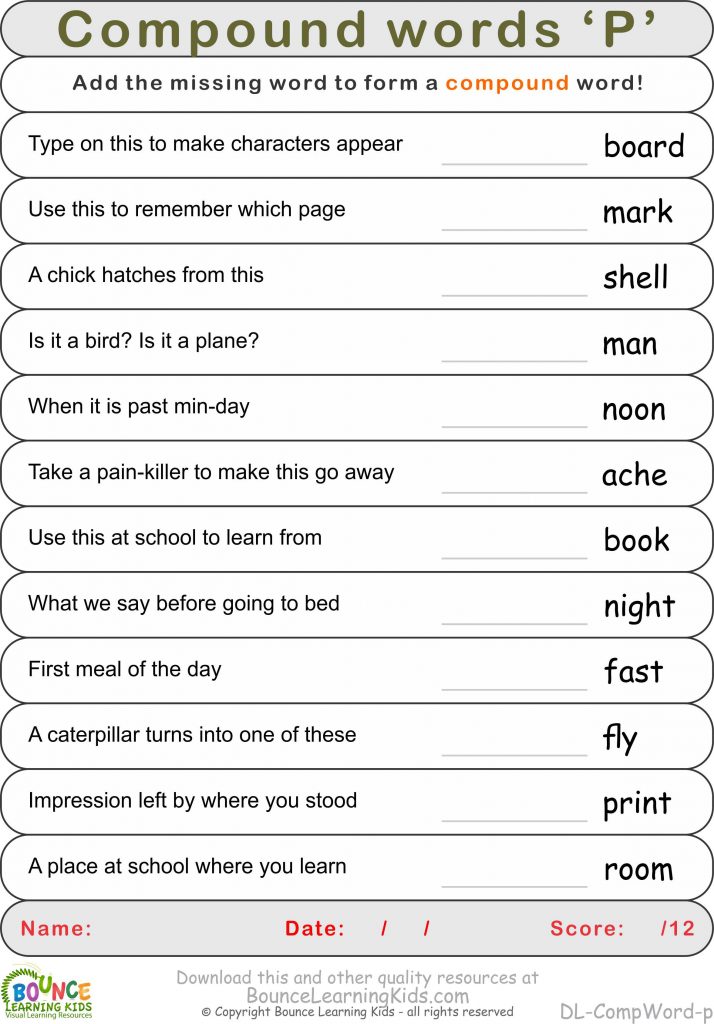
♥ BY TOPIC: How the word Spam came about: an amazing story about the origin of the term.
Future or future
Pronouncing this word, you just want to stretch it out at the expense of the letter “u”. Yes, and the word "next" seems to be a direct analogue and proof of the correct placement of "u" in the word. In fact, it is easy to single out the root "bud" and the suffix "usch" in it. There is nowhere for the extra letter to appear. But if the correct spelling of the word still seems difficult, try to memorize the synonym for “coming”. Hardly anyone will raise their hand to write "the coming".
♥ RELATED: How to stress words on iPhone, Android, Windows and Mac.
Offline or offline
This word, like the outwardly similar "offside" and "offshore", also lost a double consonant when migrating to our language from English.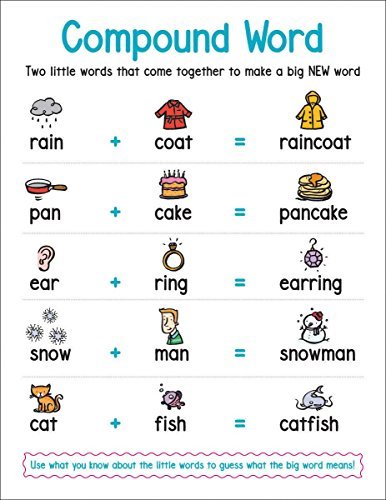 As we have already said, such a picture is quite common for borrowing. Interestingly, confusion arises both with the spelling of the word with a double f - "offline" (this can still be explained by comparison with the original English word), and with the use of a hyphen - offline. But this is already extremely strange, because in this form it is not used even in English.
As we have already said, such a picture is quite common for borrowing. Interestingly, confusion arises both with the spelling of the word with a double f - "offline" (this can still be explained by comparison with the original English word), and with the use of a hyphen - offline. But this is already extremely strange, because in this form it is not used even in English.
♥ BY TOPIC: How to put stress in the plural of some words: 30 common options.
Rinse or rinse
Oddly enough, some people use this word in the form of "rinse". Such illiteracy is permissible except in dealing with a washing machine. If you want to seem like a cultured person, then use the word "rinse".
♥ BY TOPIC: 200 well-accented words where you may be making mistakes.
Producer or Producer
This word has recently entered our language.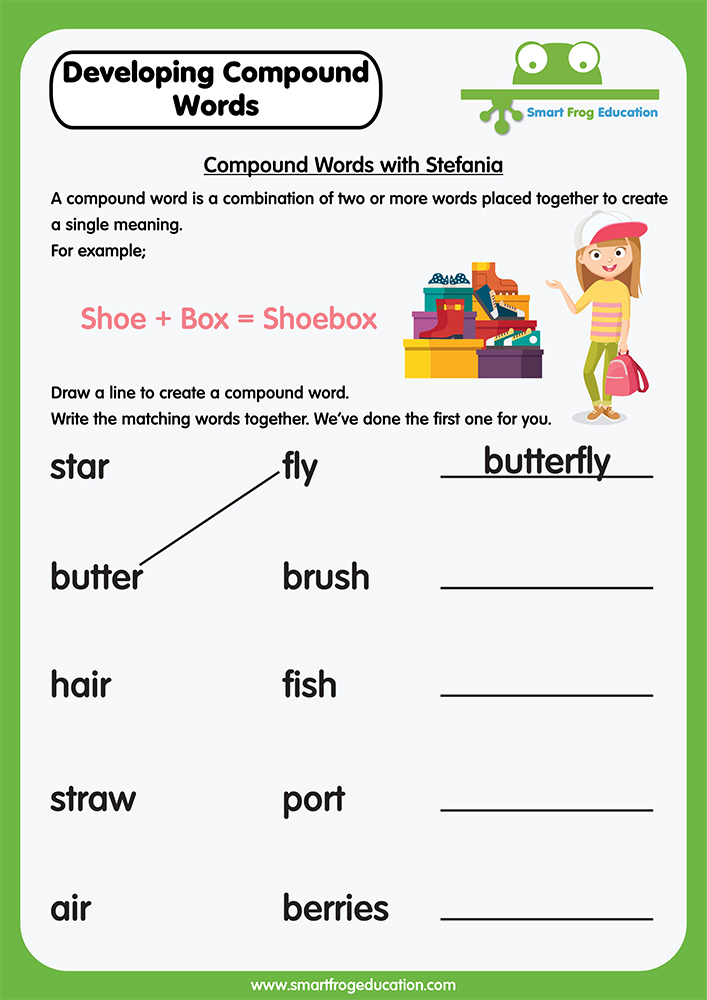 Since then, many producers have divorced, but many do not understand how to write this word. An extra "s" in the middle of the word is put by analogy with "director". In fact, even in English, where the word came from, producer is written without doubled consonants.
Since then, many producers have divorced, but many do not understand how to write this word. An extra "s" in the middle of the word is put by analogy with "director". In fact, even in English, where the word came from, producer is written without doubled consonants.
♥ BY TOPIC: What are bottom barrels, why chicken legs and not chicken legs, and what a bast hut is made of: words from fairy tales, the origin of which you might not know.
Come or come
This word has repeatedly changed its form of use. If you look into old directories, you can even find options such as “come” and “come”. The obvious analogy with the word go is also confusing. But modern dictionaries give an unambiguous interpretation - you need to write correctly “come”.
♥ BY TOPIC: How to pronounce Xiaomi correctly in Russian and what this word means.
Grapefruit or grapefruit
The very appearance of this fruit literally requires the full mention of "fruit" in the word.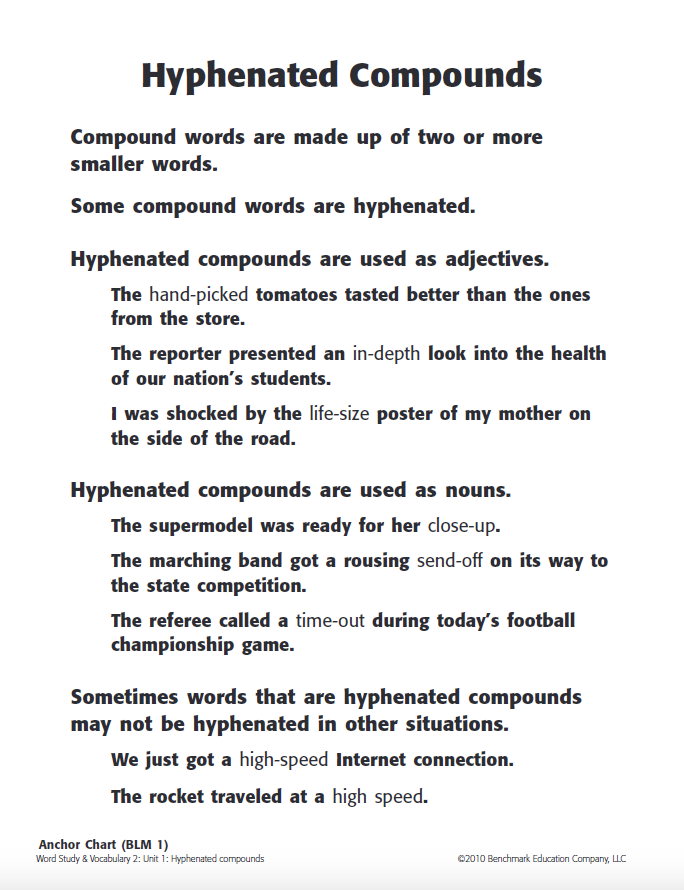 But it must be pronounced in exactly the same way as in the language from which it was borrowed. Exact Russification did not happen, otherwise the word would have sounded quite strange - grapefruit.
But it must be pronounced in exactly the same way as in the language from which it was borrowed. Exact Russification did not happen, otherwise the word would have sounded quite strange - grapefruit.
♥ BY TOPIC: 8 words that successful people don't use.
Blogger or blogger
The newfangled profession is very popular among young people today. But many can't even spell who they are correctly. In fact, there is a rule for foreign words with a dubious double consonant. If you can find a single-root word, then you need to use only one letter, abandoning the desired doubling of it. A blogger, on the other hand, maintains a blog, so there should not be any extra consonants in this word!
♥ BY TOPIC: How to write any link using emoji emoticons.
Hardly or hardly
It is unlikely that everyone knows exactly how to write this bunch of words correctly. In Fasmer's etymological dictionary, you can find out that the immutable particle "hardly" originates from the word "row", which acts as a test. The particle “li” in Russian is always written separately, so the words are quite unambiguously separated by a space.
In Fasmer's etymological dictionary, you can find out that the immutable particle "hardly" originates from the word "row", which acts as a test. The particle “li” in Russian is always written separately, so the words are quite unambiguously separated by a space.
♥ BY TOPIC: “Tsya” or “tsya”: a rule that will allow you to avoid mistakes in spelling verbs.
Imagination or vybrazhulya
This word is obviously not literary, so it is absent in most dictionaries. But the bright semantic connotation of “imagination” clearly carries it, it seems appropriate to use it in a conversation. But the use of the word in the form of "vybrazhulya" can scare not only linguists. In fact, the test word is obvious - "imagination".
♥ BY TOPIC: What is a placebo, how does it work, and is there really an effect?
Ice cream or ice cream
Our most favorite word from childhood… If it refers to the very delicacy of frozen milk or cream, then you need to use one letter “n”.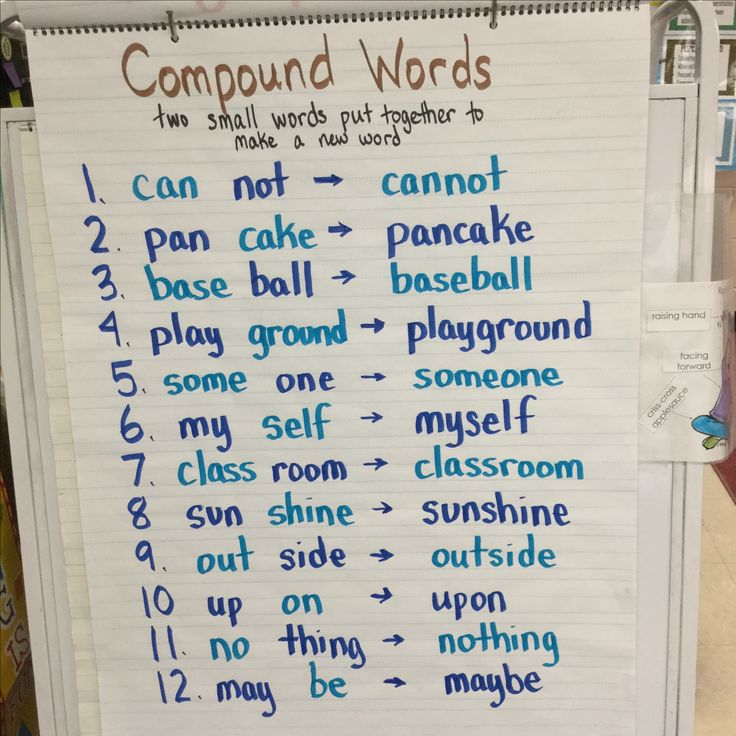 "Ice cream" came from an imperfective verb, in such a situation doubling of consonants does not occur.
"Ice cream" came from an imperfective verb, in such a situation doubling of consonants does not occur.
♥ BY TOPIC: 500, 1000, 5000 and 100,000 dollars are the largest and rarest denominations of the American currency.
Cappuccino or cappuccino
This word is of Italian origin, where it looks like cappuccino. Well, there the famous coffee with milk foam has two double consonants. But in Russian the word was simplified - there are no doublings at all. So, having met the mysterious “cappuccino” or “cappuccino” on the menu, you may be bewildered to ask - what kind of drink are we talking about?
♥ BY TOPIC: What size meteorite is capable of destroying humanity.
Mosaic or mosaic
Another word we remember from childhood. But, whether it is tightly packed pieces of glass or a puzzle, there should be no hares inside and the letter “y” should not be.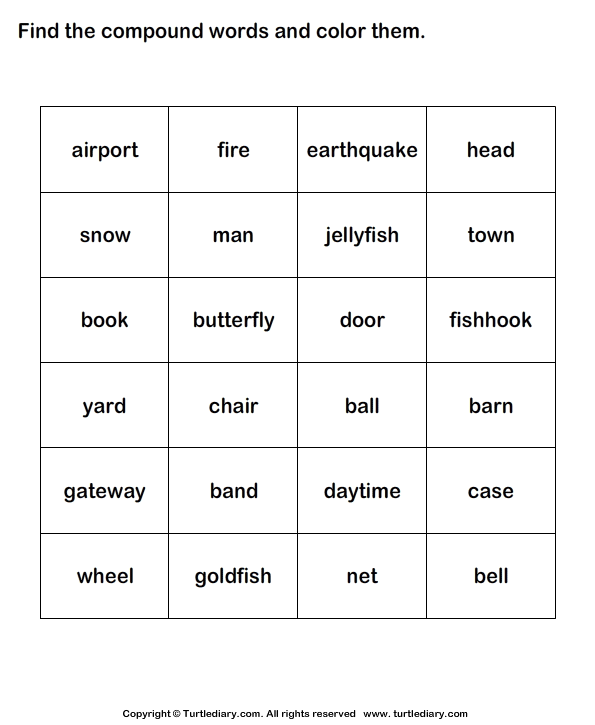
♥ RELATED: 30 most famous fake photos you could believe.
Handwriting or underlining
It makes you want to insert the letter "d" into this word, it seems to be asking for it here. In fact, it is necessary to show the will - there is no place for superfluous in the "handwriting"! When using handwriting text, we obviously aim not to underline anything, but simply to underline.
♥ BY TOPIC: Holland and the Netherlands: what is the difference and what is the correct name?
Bulletin or Bulletin
This word is rather insidious - if the doubled consonant usually disappears when borrowed, then in this case this did not happen. It must be remembered that the word itself comes from the Latin "bulla", meaning "seal" or "ball".
♥ BY TOPIC: Most Viewed Videos on YouTube: TOP 25 most viewed YouTube videos of all time.

Legitimacy or legitimacy
There are many spellings of this difficult word. Don't try to trust your intuition, just remember the correct form.
♥ BY TOPIC: The deepest pits in the world.
Realtor or Realtor
No matter how familiar the word may seem, it will be easy to make a mistake with it. Even popular text editors do not give unambiguous advice when checking. The authoritative "Russian Guild of Realtors" insists on the use of the letter "e", and in the dictionaries there was no consensus. One can only choose the most authoritative reference book - the Russian Spelling Dictionary of the Russian Academy of Sciences, edited by Lopatin. It uses the "realtor" form, which we recommend using.
♥ BY TOPIC: Why are there letters on the iPhone dialer buttons?
Registration or registration
For the correct spelling of an unstressed vowel, you just need to carefully choose a test word.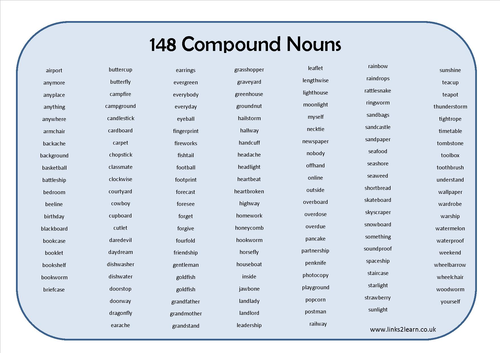 It is simple - register. It immediately becomes clear how not to make a mistake when writing this word.
It is simple - register. It immediately becomes clear how not to make a mistake when writing this word.
♥ RELATED: How to properly end emails to get a better chance of a positive response.
Gynecologist or genecologist
A gynecologist has little relation to the word “gene”, but the Greek “gyneka” (woman) underlies the name of the medical specialty.
♥ BY TOPIC: What do billionaires read? 10 favorite books of leaders of world corporations.
Guest worker or guest worker
To understand and remember the spelling of this word, it is necessary to analyze its German ancestor. The word gastarbeiter has two parts. One is gast meaning "guest" and the other is arbeiter meaning worker.
♥ BY TOPIC: Gross and net: what is it and how do they differ?
Colander or colander
Such a popular word in our country actually also has a German origin.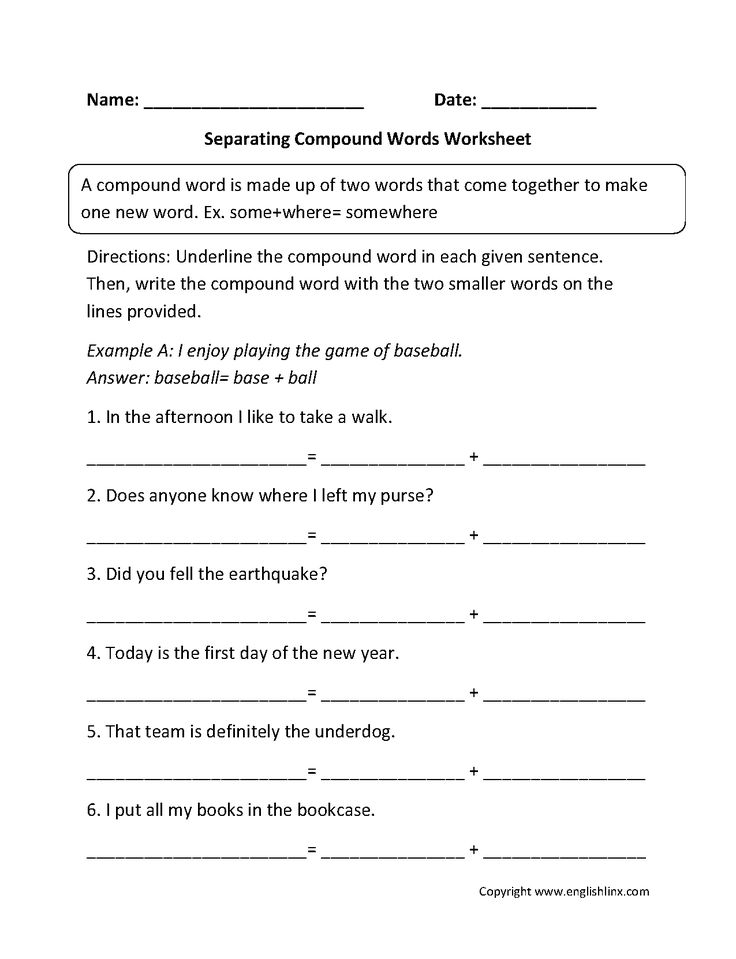 There is a colander in the kitchen of every housewife, but not everyone knows its correct spelling. The German word durchschlagen is also a compound word - durch means "through" or "through", and schlagen literally means "to hit". Even if the history of the correct addition of parts of the word into one whole does not help, try using associations. A word consonant with a simple Russian swear word is spelled similarly.
There is a colander in the kitchen of every housewife, but not everyone knows its correct spelling. The German word durchschlagen is also a compound word - durch means "through" or "through", and schlagen literally means "to hit". Even if the history of the correct addition of parts of the word into one whole does not help, try using associations. A word consonant with a simple Russian swear word is spelled similarly.
♥ RELATED: 50 examples of bad design.
Calories or calories
This word came into our language from French. There it is written as calorie. Actually, the word has not undergone any changes, so there is simply nowhere for the doubled consonants to come from.
♥ BY TOPIC: Who has the most followers on Instagram - the 35 most popular accounts.
Vinaigrette or vinaigrette
The name of the famous lettuce is also of French origin. The word vinaigre originally means "vinegar", but it is based on the simpler vin - wine. Knowing this will allow you to correctly use the first vowel in the name of a mixture of vegetables. And about the second vowel, you just need to remember that it does not coincide with the first. Thus, the spelling of the word vinaigrette no longer seems difficult. You just need to remember that vinaigrette has a distant relationship with wine.
The word vinaigre originally means "vinegar", but it is based on the simpler vin - wine. Knowing this will allow you to correctly use the first vowel in the name of a mixture of vegetables. And about the second vowel, you just need to remember that it does not coincide with the first. Thus, the spelling of the word vinaigrette no longer seems difficult. You just need to remember that vinaigrette has a distant relationship with wine.
♥ BY TOPIC: There are 16 circles in this picture, can you see them?
Shopping or shopping
Again, the original source brings confusion - in English shopping is used with a double consonant. It seems natural to use this variant in Russian as well. But you should restrain yourself from such an impulse and try again to find words with the same root. It can be a shopping tour or a shopaholic. They clearly use one letter "p", which means that it is impossible to double it in "shopping".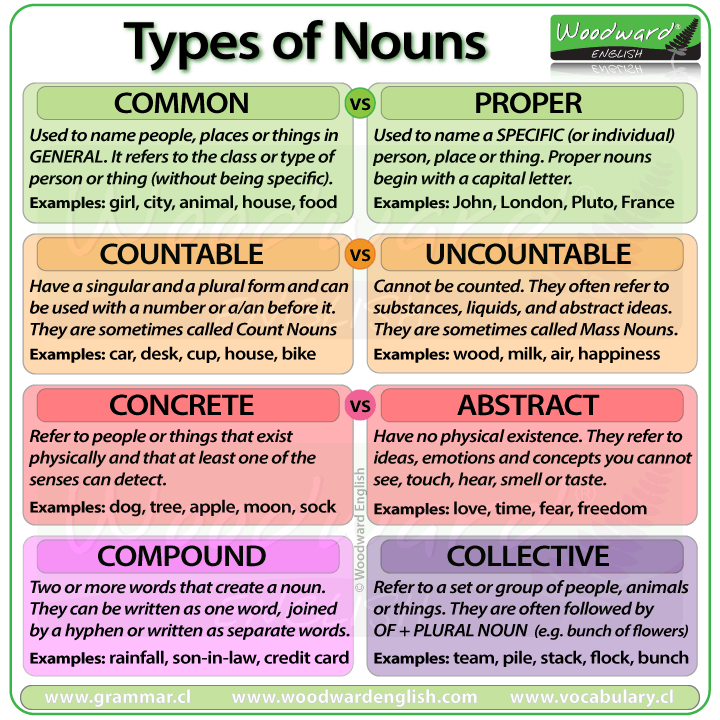
♥ RELATED: What can you do with an old monitor? 12 ideas.
Terrorist act or act of terrorism
This word is clearly a compound, based on the phrase "act of terrorism". But one cannot trust the natural desire to use a double consonant. The rules for the formation of such abbreviations clearly state that only one of the two vowels should be used. That is why the word "terrorist attack" is spelled that way.
See also:
- 70 interesting facts about IT technologies that you might not know about.
- Cosmic speeds - how fast do you need to fly to leave the Earth, the planetary system and the galaxy?
- Best Thrillers: List of the best 35 films with descriptions, trailers and links.
Please rate the article
Average rating / 5. Number of ratings:
No ratings yet. Rate first.
Tags: ifaq.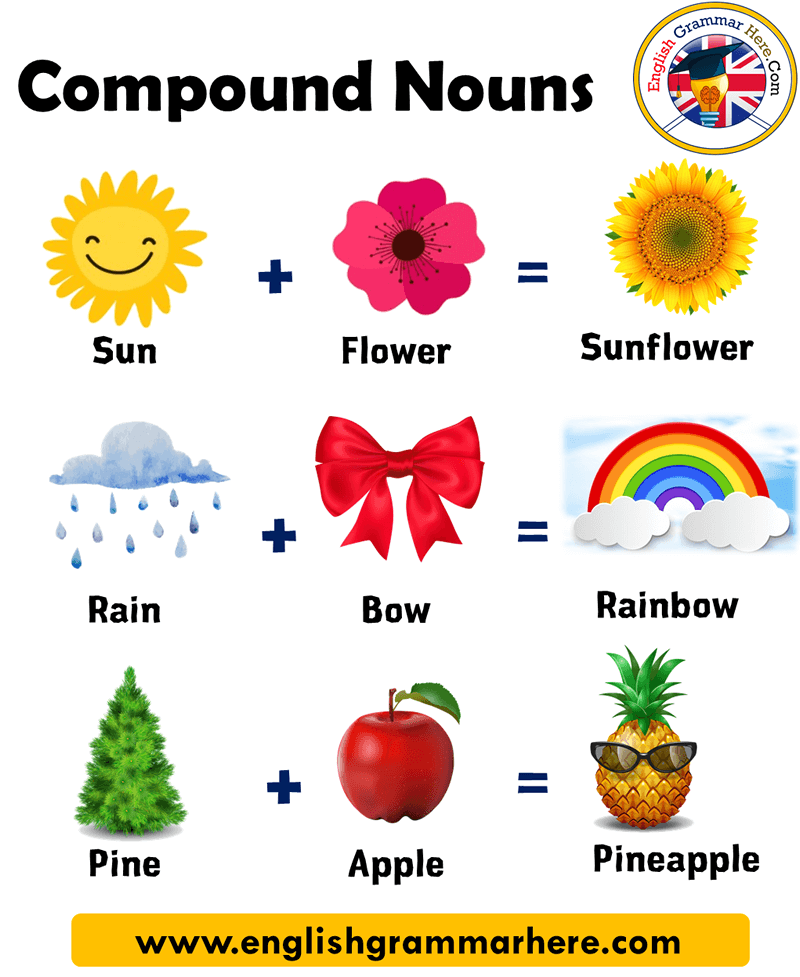
26 words, the plural form of which causes difficulties
March 1, 2020 Education
Share
01. Cream
Correct: creams.
In fact, many have a desire to replace the "s" at the end with the unfortunate "a". But this is absolutely wrong. By the way, the same "Wiktionary" that many rely on states "Wiktionary" - cream, that in professional speech there may be a non-normative variant. However, if you look in dictionaries and encyclopedias, you will not find such a spelling anywhere.
2. Director
Correct: director.
Remembering how to spell and pronounce the plural of this word is easy enough. There is a derivative "directorate". In both cases, we will write "a".
3. Address
Correct: address.
In the meaning of "place of residence or location of the institution" at the end will be only the letter "a".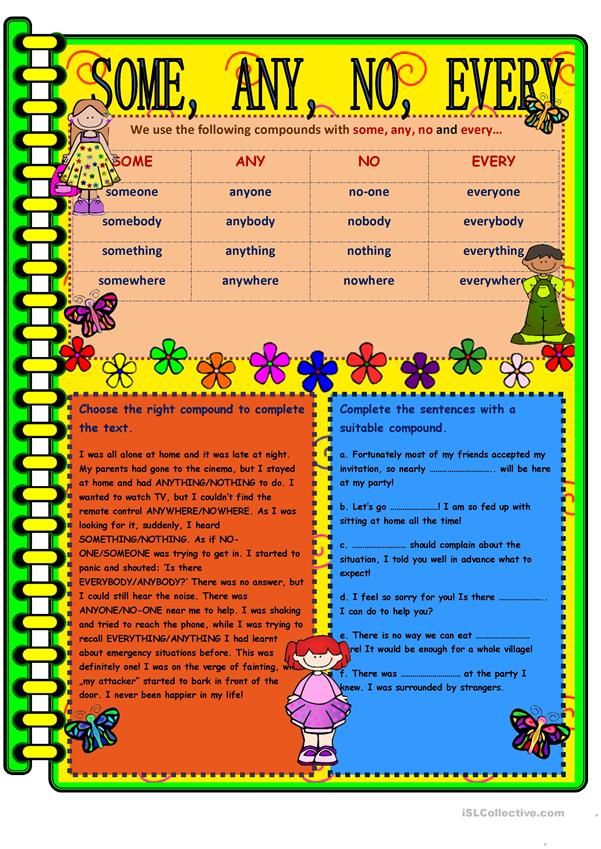 The only option when Kuznetsov's Explanatory Dictionary appears - the address "s", is in the meaning of "a written greeting, congratulations." But now this word form is almost never used.
The only option when Kuznetsov's Explanatory Dictionary appears - the address "s", is in the meaning of "a written greeting, congratulations." But now this word form is almost never used.
4. Contract
Correct: contracts.
Dictionary of Difficulties in Pronunciation and Stress in Modern Russian, in this case states Dictionary of Difficulties in Pronunciation and Stress in Modern Russian - an agreement that only agreements are concluded. In fact, this option is preferable in official speech and correspondence. But the other form - with "a" at the end - is colloquial. You can use it, you just need to consider that this is vernacular.
5. Shop
Correct: shop.
According to the rules, the plural form of this word is written and pronounced with “and” at the end. The word form "shop" can still be heard, it is colloquial Kuznetsov's Explanatory Dictionary is a shop and is also recognized by dictionaries.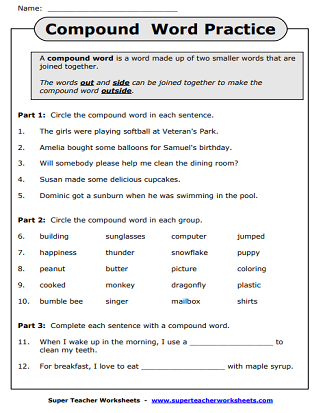 Therefore, in a certain context, you can use it.
Therefore, in a certain context, you can use it.
6. Text
Correct: texts.
Some people still write “texts” on websites, forums and social networks. But this form is slang. Dmitriev's explanatory dictionary does not accept it Dmitriev's Explanatory Dictionary is a text, which means that we will not write and speak like that either.
7. Tenor
Correct: tenor.
This spelling and pronunciation applies both to the characteristics of the voice and to the singers who have this voice. In some dictionaries, along with "tenor", you can find "Diploma" - tenor and the lexeme "tenors". However, the form with the letter “a” is still preferable - this is what most dictionaries say.
8. Wire
Correct: wire.
To remember how to write and speak correctly in this case, the phrase will help us: "The wires to the army, the wires are cut." It clearly shows how not to make a mistake, because “wires” is a completely different word.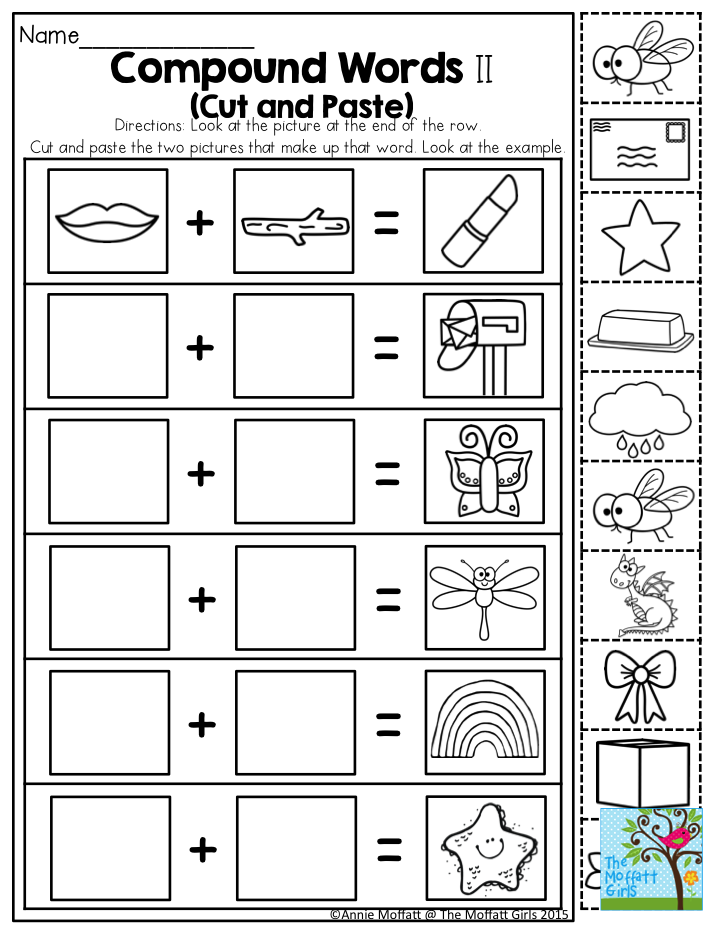
9. Corpus
Correct: depends on the meaning of the word.
A tricky word that can cause some difficulty. In the meanings of "torso, shell of something, the totality of something" we will write "s" at the end. But if we are talking about buildings, then in the plural we will get "corps".
10. Cable
Correct: cables.
The error occurs because not everyone understands where to put the stress in the plural in the word. It is the same as in the only one. Knowing this, it is difficult to say "to a white." But the correct option immediately suggests itself.
11. Trump
Correct: trumps.
The letter "I" at the end suggests itself because there is a word "trump". But in fact, the only correct plural form ends in "and".
12. Camp
Correct: depends on the meaning of the word.
Until now, if you enter "children's camps" in the search box, Google will offer you holidays for children in the Moscow region, and in Anapa, and in other cities.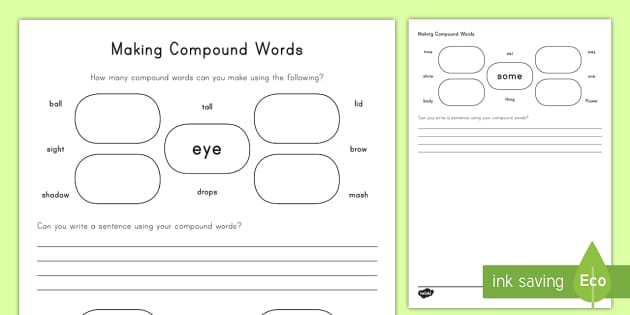 All because the error is allowed now. To remember, we offer you a phrase where the letter "I" is repeated more than once: "In the summer, all the children go to the seas to children's camps."
All because the error is allowed now. To remember, we offer you a phrase where the letter "I" is repeated more than once: "In the summer, all the children go to the seas to children's camps."
The only moment when we will still write “and” at the end is in the meaning of “socio-political grouping or trend, direction”.
13. Filter
Correct: filters.
For some reason, shops often ask for “filters” for cars and water. But this wording is completely wrong. If there are many filters, then there should be “s” at the end.
14. Vector
Correct: vectors.
In this word, the stress is constant, including in the plural form. Saying or writing "in e ktor" in this case is quite difficult, which leads us to the only correct form - "in e who.
15. Vacation
Correct: vacation.
Surprisingly, the incorrect pluralization of this word also occurs.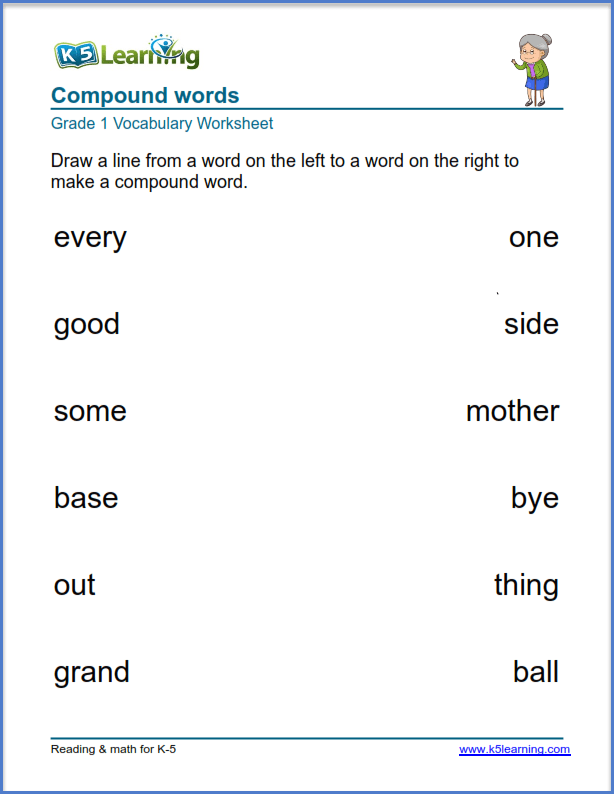 In order not to make a mistake, remember the funny phrase: "If you are tormented by melancholy, go on vacation."
In order not to make a mistake, remember the funny phrase: "If you are tormented by melancholy, go on vacation."
16. Cook
Correct: cooks.
In some places you can still find the wrong option "cooks". Remember once and for all that the people who cook the food are the cook a .
17. Passport
Correct: passport.
Until now, many are wondering how to write the plural form of this important document. The variant with the letter “y” at the end is obsolete, they don’t speak or write like that now. Therefore, "passport" is correct.
18. Age
Correct: ages.
An error in the formation of the plural of this word is most often found in colloquial speech. The stress in it is unchangeable, therefore, at the end there will be “s”, and not “a”.
19. Body
Correct: body.
The variant proposed by us is found in most dictionaries and is preferred.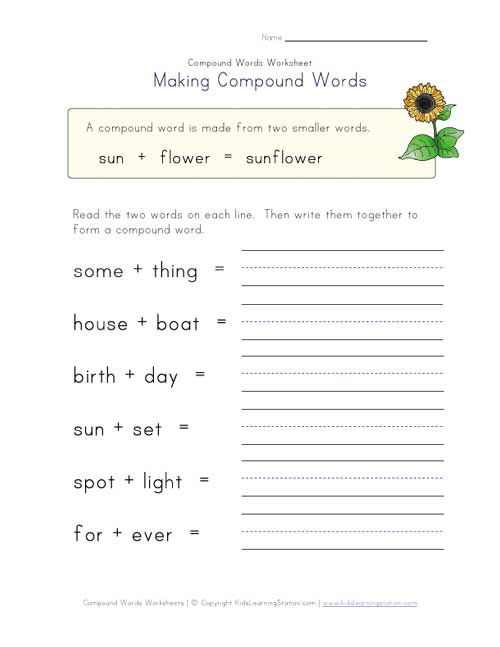 However, in some of them you can find "Diploma" - a body shape with an "s" at the end. Its use will not be unambiguously considered a mistake, but if you are striving for the purity of the language, we advise you to use a more literary version.
However, in some of them you can find "Diploma" - a body shape with an "s" at the end. Its use will not be unambiguously considered a mistake, but if you are striving for the purity of the language, we advise you to use a more literary version.
20. Sniper
Correct: snipers.
Even if we are not talking about professional shooters, but just about very accurate people, we will write “s” at the end. The stress in this word is unchangeable. This knowledge will help you not to make a mistake.
21. Dispatcher
Correct: dispatchers.
The plural form of "dispatcher" is colloquial and not desirable. Which leaves us with the only correct option.
22. Accountant
Correct: accountants.
The form with the letter “a” at the end is colloquial. In documents, articles, books and important papers, only the dictionary version will be used. Yes, and in a simple dialogue it is also better to speak correctly.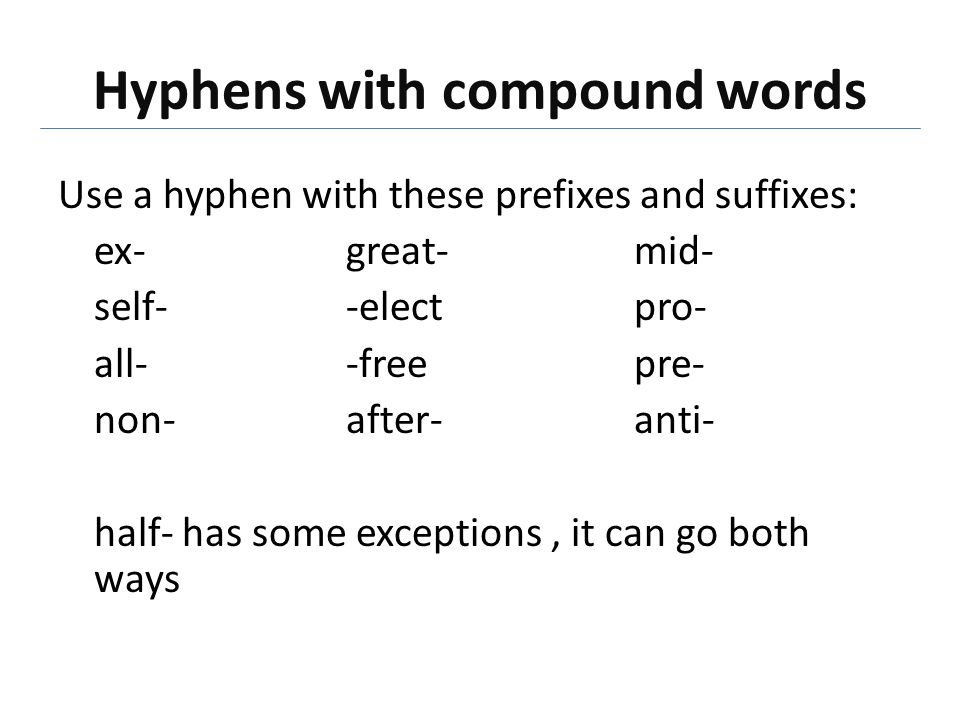
23. Omission
Correct: depends on the meaning of the word.
It would seem a simple word, but there is constant confusion with it. If we mean a document that gives us the opportunity to go somewhere, then we will say and write “passes”. If we are talking about skipping classes, for example, then “passes” are used.
24. Ham
Correct: ham.
If someone is trying to sell you “ham and ”, don't buy it. Because they don't exist. But "ham a "acquire boldly - there is no mistake here.
25. District
Correct: District .
"District and " is obsolete and no longer in use. "Russian Spelling Dictionary" adheres to Russian Spelling Dictionary - the opinion that the correct form of the plural is only the variant with "a" at the end.
26. Tone
Correct: depends on the meaning of the word.